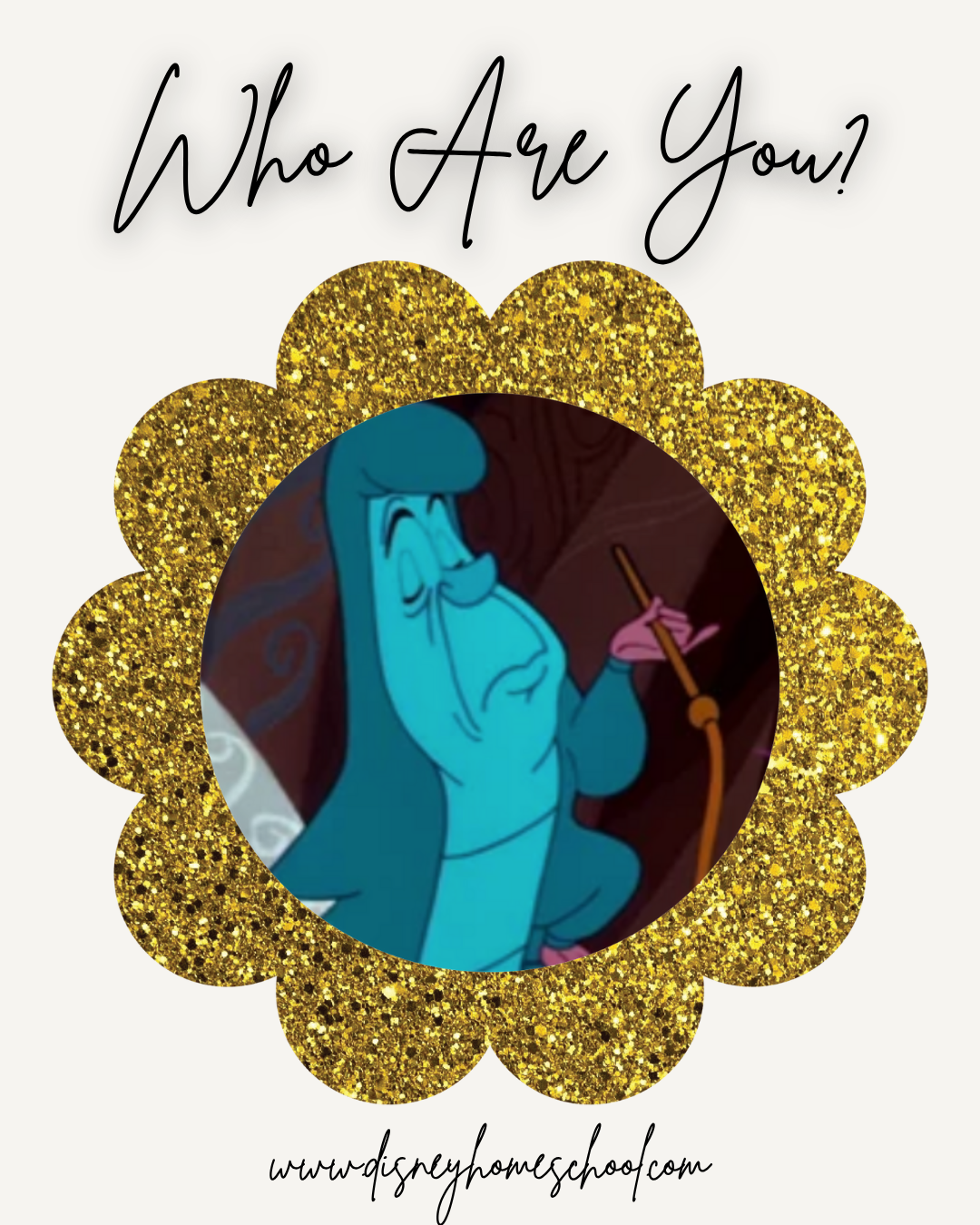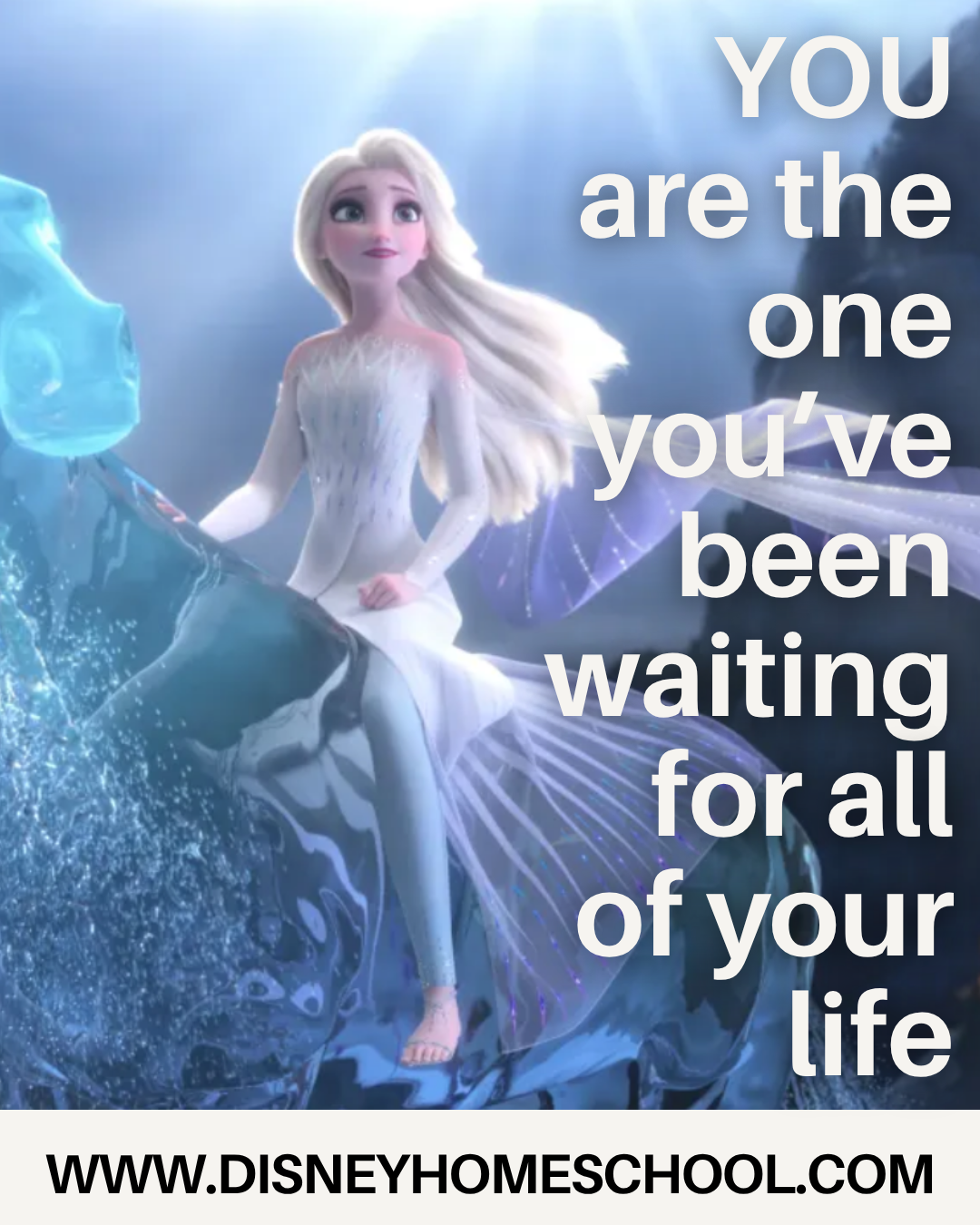What Kind of Homeschooler Am I?
“Whooo are you?”
The caterpillar’s question lingers in Alice in Wonderland. Smoky and strange. Unsettling and direct.
When I first started homeschooling, that question echoed in my own mind, but it wasn’t from a curious, hookah-smoking caterpillar. It came from books, blogs, Facebook groups, curriculum catalogs, and my own fear of doing it wrong.
Are you Classical? Charlotte Mason? Montessori? Unschooling?
Everywhere I turned, were labels, checklists, tribes, and hashtags. We teach sorting to our children at a young age. It’s necessary. I just wanted to teach my child, but also belong.
For a long time, I thought choosing a method might bring confidence to my technique… as if the right fit would give me structure, success, and peace of mind. But the more I searched, the more I realized something important: I wasn’t one kind of homeschooler. I was drawing from many methods, adapting as we went, and building something uniquely ours… because it worked.
So- WHO ARE YOU?
Here’s a look at ten popular styles of homeschooling, what they actually mean, and how I’ve come to weave pieces of each into our everyday learning life.
A Closer Look at Homeschooling Styles
(And How We Embrace Them All)
Classical Education
The Classical model is built around the “trivium”: grammar (foundational knowledge), logic (critical thinking), and rhetoric (expression and persuasion). It emphasizes structured thinking, Socratic dialogue, and time-tested literature.
We do Classical education by asking questions that don’t have simple answers. Socratic dialogue is part of our daily rhythm of just living. Whether we're discussing a character’s choices or the fairness of a historical event, we are exploring ideas through conversation, not just content.
Charlotte Mason
Charlotte Mason’s philosophy centers on “living books” (well-written, engaging texts that bring subjects to life). Her method values nature study, art appreciation, short lessons, and narration over worksheets.
We do Charlotte Mason because we are deeply committed to living books. Our shelves are filled with rich stories written by people who love their subject, not just explain it.
Montessori
Montessori prioritizes independence and hands-on learning in a carefully prepared environment. Children are trusted to explore materials, work at their own pace, and take ownership of their learning.
We do Montessori by designing our homeschool space for independence. Materials are rotated based on interest. Prompts are ready to spark curiosity. The environment invites learning before I ever say a word.
Waldorf
Waldorf education emphasizes storytelling, imagination, rhythm, and creativity. It integrates nature, art, seasonal celebrations, and movement into the learning process.
We do Waldorf through the way we celebrate seasons and weave art into everything. We follow the year’s rhythm with music, creativity, and meaning.
Unschooling
Unschooling allows a child’s interests to lead the way. There’s no set curriculum, just a trust that learning happens naturally through exploration and passion.
We do Unschooling because my daughter is always chasing a new idea. When she wanted to start a dog-walking business, I handed her the tools. She learned safety, built a website, designed marketing, and managed clients. It was completely her idea, and incredibly educational.
Unit Studies
Unit studies center all learning around one topic, making cross-curricular connections through math, science, history, writing, and art.
We do Unit Studies because our brains crave connections. Learning about “Snow White” leads to medieval history, the German Romantic era, and business proposals. When subjects overlap naturally, learning sticks.
Online/Virtual & School-at-Home
These models lean on structured curriculum, digital tools, and routines similar to traditional school. They offer predictability, pacing, and consistency.
We do Online and School-at-Home with Beast Academy for math. Its storytelling approach made math click for my daughter. It offers structure and creative thinking: two things we value equally. Side note: before we started homeschooling when my daughter was beginning second grade, I didn’t know she was terrified of math because she always presented well at her old brick and mortar school. It took me two years before we settled into a program that clicked for her and erased the previous anxieties she had regarding math.
Project-Based Learning
Project-based learning is rooted in real questions and meaningful work. Students explore topics deeply by building, designing, or creating something real.
We do PBL through long-form projects tied to interest. Last year, “geometry” meant designing a city. My daughter studied architecture, zoning, equity, and public policy: all through hands-on planning and design.
Eclectic Homeschooling
Eclectic homeschoolers use a blend of methods, resources, and ideas to craft a learning experience that fits their child and lifestyle.
We do Eclectic homeschooling because we need both freedom and rhythm. We have a core routine; but how we fill it changes with the season, our energy, and our curiosity. The goal isn’t to stick to a method. It’s to keep learning joyful, relevant, and real.
So... What Kind of Homeschooler Am I?
After all that, the honest answer is this: I’m just me.
I’m not trying to replicate school, fit a mold, or chase the latest method. I’m trying to raise a curious, kind, and capable human, and that means using whatever tools, stories, projects, and adventures help us get there.
There’s a moment in Frozen 2 that gets me every time. Elsa finally reaches Ahtohallan. She’s spent the whole movie chasing a voice, chasing answers, chasing identity… and when she finds it, she hears this:
“You are the one you’ve been waiting for all of your life.”
It’s a Disney Mom Mic Drop.
The most important discovery I’ve made as a homeschooling parent isn’t which method I use. It’s that I don’t need to fit into a box to be successful. I just need to know myself, trust my child, and teach from a place of love, curiosity, and growth.
When we show up confidently as ourselves, we teach our children to do the same. That kind of learning (rooted in self-knowledge and connection) is more powerful than any lesson plan, and what I would call un-hashtag-able: It doesn’t fit into one category.
You are not just a homeschooler. You are the guide your child needs, the voice they trust, and the person who chose to show up every day.
Other Blog Posts You Might Enjoy
How to Plan with a Theme: Castles
The Myth That Homeschoolers Aren’t Socialized










